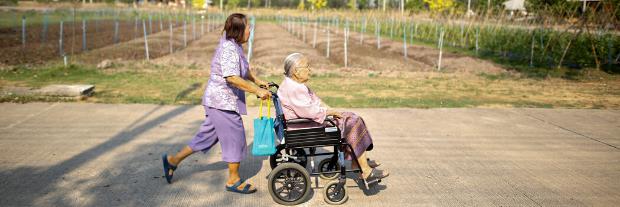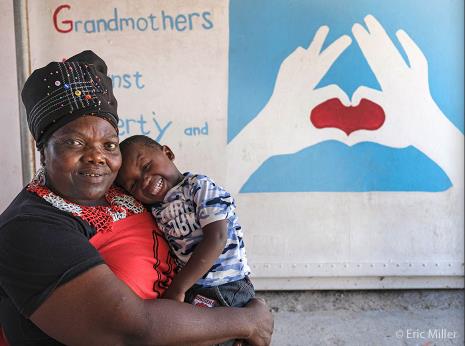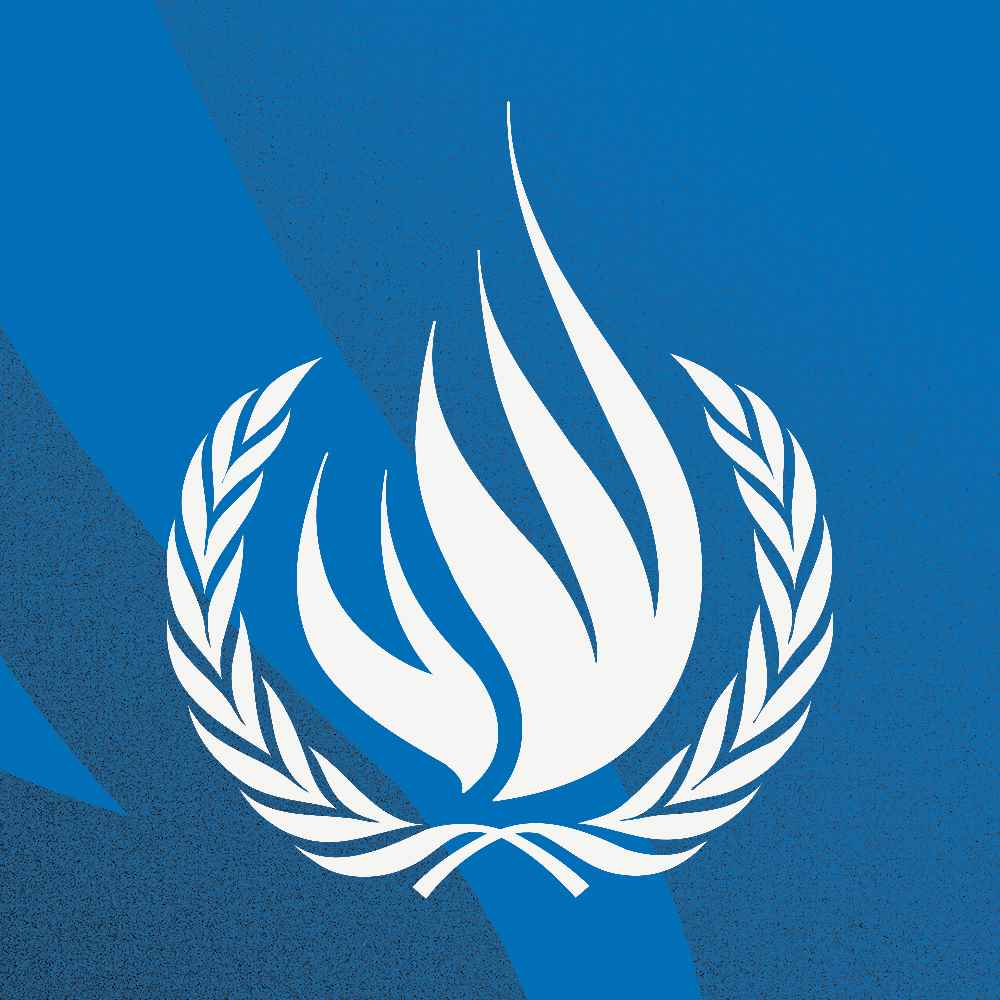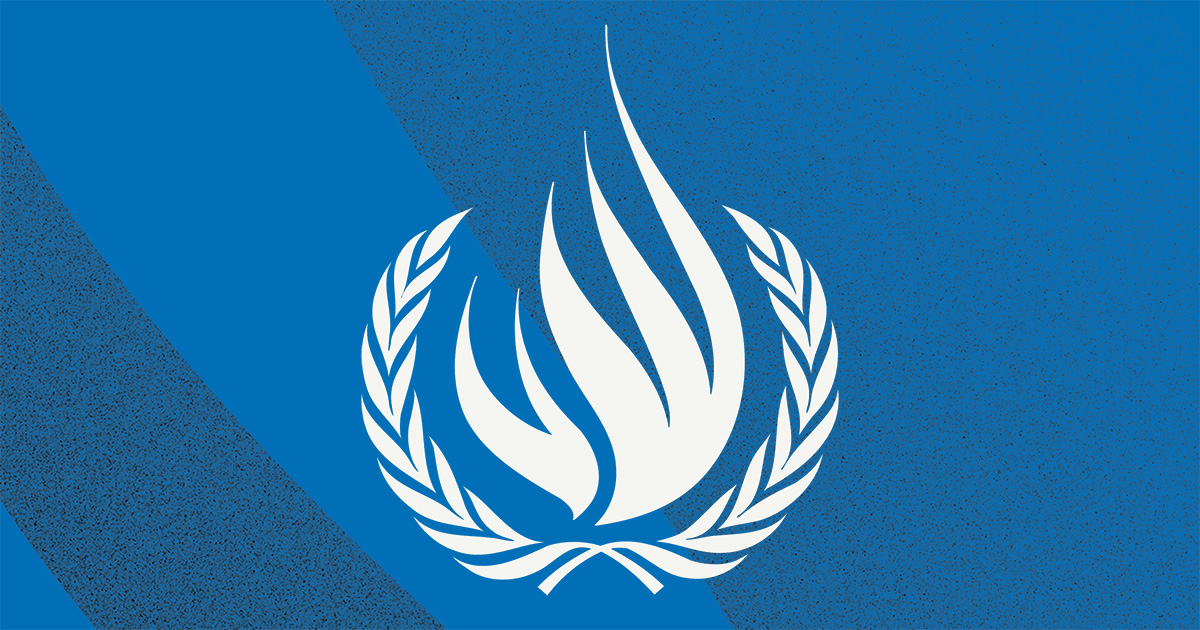
DELIVERED BY
Nada Al-Nashif, Deputy High Commissioner for Human Rights
AT
HRC56 Side event: Realizing Human Rights, Ensuring Gender Equality - Sustainable Development through Inclusive Care and Support Systems
LOCATION
Room XXIV, Palais des Nations
Excellencies,
Delegates,
colleagues and friends,
Comprehensive care and support systems are the foundation of the well-being of people, societies, economies, and ecosystems.
Yet, the current care systems often exploit the labour of women and girls and neglect dignity, autonomy, and inclusion of those receiving care and support.
They are a driver and outcome of poverty, exclusion and inequality.
Over a year ago, our High Commissioner called for human rights-based care and support systems, as a key lever to sustainable development.
Since then, significant progress has been made, demonstrating the increasing recognition of care and support as a human rights issue.
General Assembly, Human Rights Council, and ECOSOC adopted resolutions recognizing the need to create gender-responsive, disability-inclusive and age-sensitive care and support systems with full respect for human rights.
The Commission of the Status of Women and the International Labour Conference discussed “care economy” and its link with human rights.
The Inter-American Court of Human Rights is deliberating on its advisory opinion on the understanding of “a human right to care”.
Our Office has contributed to the development of a UN system-wide policy guidance on the transformation of care systems to advance gender equality, human rights, and sustainable development that will be launched on 19 July.
Our Office’s new Management Plan includes supporting States to adopt and implement human rights-based care and support systems as one of its results.
To further advance the care and support agenda, we must make three shifts.
First, we need to overcome a false dichotomy of perceiving certain people only as caregivers and others only as receivers of care and support.
A woman with disability told us that with the support she received from her family to continue her education, now she provides for her family, cares for her children, and supports and mentors other women with disabilities.
And women migrant domestic workers, seen primarily as care workforce, and when they are in need of care, for example, during pregnancy, they are not granted maternity protection or worse, fired and deported.
All of us can be care and support givers and receivers. Care and support systems should respond to the rights of both.
Secondly, human rights-based care and support systems must apply the full range of human rights standards.
They must protect the rights of women, persons with disabilities, children, youth, and older persons, in all their diversity, in care and support.
This requires breaking the silos and applying of a wide range of international human rights and labour standards to care and support systems in a consolidated and harmonized manner.
Third, we must fix our economy.
The transformation of care and support systems requires investment: human rights can guide the prioritization of such investments with a focus on those most marginalized.
Human rights assessments enable harnessing public investments towards gender-, disability- and age-responsive services, accessible infrastructure, and decent work, instead of replicating services that exploit care and support workers and institutionalize recipients.
Collectively, we need to shift our economic systems towards realizing a human rights economy that places people and the planet at the centre.
Our Office stands ready to work with all stakeholders to implement this transformative change.








